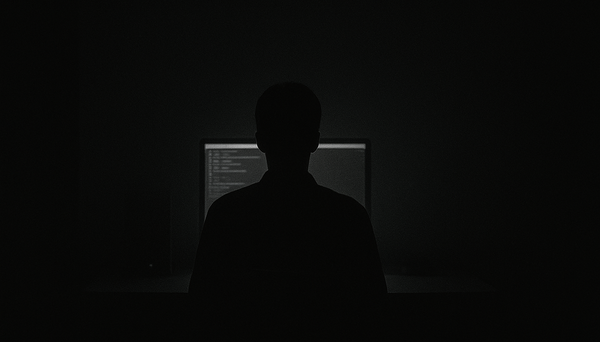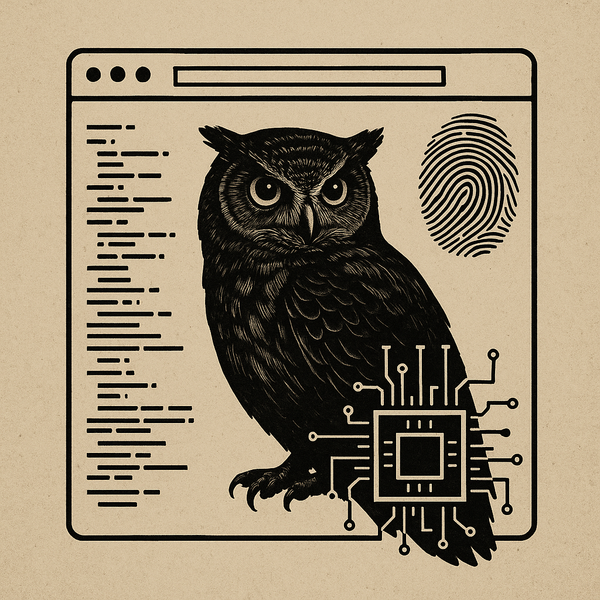The Hacker Files

(from the Author's note)
These letters ask what remains of integrity when every act of repair leaves a trace of intrusion. Through letters written to my brother, I retrace the moral evolution of a hacker, from curiosity and control toward conscience and consequence. Each operation becomes an inquiry: how does one safeguard truth in systems designed to forget their own humanity?
For more than two decades, I have lived where systems break and truth hides, in the code, in the quiet, in the places between signals. My career began as most obsessions do, curiosity disguised as study. I learned to dismantle networks not to destroy them, but to understand why they trusted the wrong things. In time, that understanding became its own form of responsibility.
I have worked across continents and causes, as consultant, investigator, and, for a time, what the agencies called a “white hat,” an ethical hacker. The title never sat easily. Ethics, I learned, is not a badge; it is a moving coordinate between intent and consequence. I was hired to expose flaws, to trace identity theft and digital fraud, to follow the invisible threads of money and power that cross oceans faster than justice does. I collaborated with national and international security agencies, private firms, and, occasionally, people who existed only between jurisdictions. Payment was rarely money. It was the knowledge that something I did, some quiet correction, had made a small piece of the world less cruel.
The work demanded both precision and erasure. Each success left residue: names I would never speak, systems that learned from the wounds I opened. Over time, the roles blurred; auditor, confessor, accomplice. The tools of intrusion became the instruments of conscience. What began as technical discipline evolved into a study of consequence. Every breach, no matter how justified, leaves a moral echo.
The Hacker Files grew out of those echoes. These letters are not arranged chronologically but thematically. Each stands as a fragment of a larger pattern, a reflection rather than a record. The order follows the evolution of thought, not time, shifting between places and years as memory does, guided by association and recurrence. The structure mirrors the way truth is retrieved in a corrupted archive, not by sequence but by resonance.
These pages are neither reports nor confessions, but reconstructions, attempts to translate the logic of code into the language of remorse and persistence. They follow a life spent inside networks that remember everything except forgiveness. They ask what remains of a person when the aliases fade, when proof exists but meaning decays.
I write not to vindicate the past, but to preserve its questions.
What does it mean to repair systems that are human in all but name?
What do we owe to the data we guard, and to the people it represents?
And when truth itself becomes a kind of currency, what is left that cannot be traded?
These letters do not offer closure. They offer continuity.
The signal holds. The message endures.
— Marco
Paris, 2025



